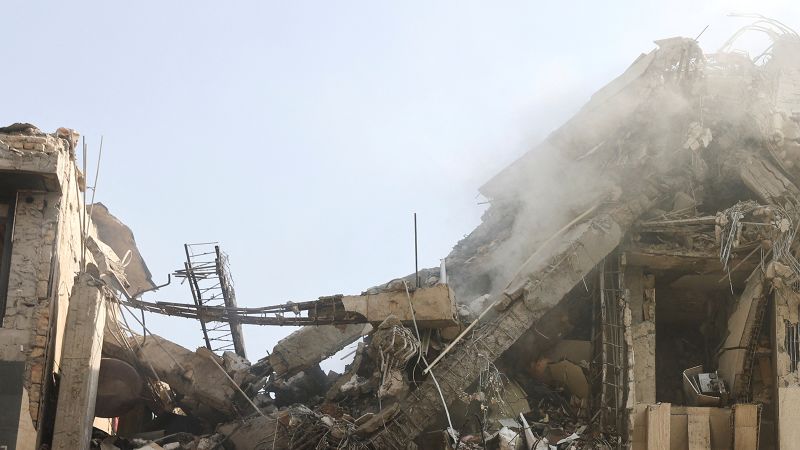The recent surge in global oil prices is primarily attributable to escalating tensions in the Middle East, particularly due to Israel’s unprecedented military actions against Iran. In a significant geopolitical development, Brent crude—the global oil benchmark—has seen a notable increase, rising by 4.3% to $72.4 per barrel. Meanwhile, West Texas Intermediate (WTI), the US benchmark, jumped an impressive 5% to reach $71.4 per barrel. These figures denote the largest single-day percentage increases for both oil benchmarks since March 2022, coinciding with the onset of Russia’s full-scale invasion of Ukraine, a conflict that similarly disturbed global energy markets.
Analysts have indicated that this sudden spike reflects not only immediate concerns about oil supply chains but also a broader apprehension regarding a potential escalation of conflicts in the region that may adversely affect energy supplies. Ahmad Assiri, a research strategist at Pepperstone—a financial services firm—made note of this sentiment in a recent research note. He pointed out that the latest unrest could extend into an uncertain timeline of increased hostilities, further straining oil availability.
The consequences of this turmoil extend beyond the oil markets into equities markets, wherein US stock futures have witnessed a decline. Investors are expressing a preference for traditional safe-haven assets such as gold, indicating a shift in market sentiment towards risk aversion. Specifically, Dow futures saw a drop of 1.3%, translating to a more than 540-point decline. The S&P 500 and Nasdaq Composite futures mirrored this downward trend, dropping by 1.4% and 1.6%, respectively. In contrast, gold prices ascended approximately 1%, reaching $3,413.6 per troy ounce.
The origin of this turmoil can be traced back to an Israeli military operation targeting Iranian nuclear and missile facilities. Reports confirm that this operation has already resulted in the deaths of at least two high-ranking Iranian military commanders. During a recent televised address, Israeli Prime Minister Benjamin Netanyahu declared that this “targeted military operation” is expected to prolong over several days. The Israeli government has since declared a state of emergency, anticipating a retaliatory response from Iran.
Iran’s leadership, particularly Supreme Leader Ayatollah Ali Khamenei, has condemned these attacks, warning of “severe punishment” awaiting Israel. Meanwhile, U.S. officials, including Secretary of State Marco Rubio, emphasized that the United States had no involvement in Israel’s military actions and cautioned Iran against targeting U.S. interests or personnel in the region.
Investor sentiment remains considerably anxious regarding the implications of Iran’s possible retaliation and the potential disruption of critical oil transport routes. The fears surrounding the conflict are further amplified by the possibility that the Iranian oil supply could be severely curtailed, with industry experts like Andy Lipow indicating that such an event could trigger a spike of around $7.50 per barrel in oil prices.
The broader concern manifests in the potential risk to the Strait of Hormuz, an essential chokepoint for global oil supplies. Should the ongoing conflict severely disrupt oil exports through this strategic corridor, predictions indicate oil prices could surge dramatically, potentially hitting $100 per barrel. Bob McNally, the president of Rapidan Energy Group, remarked that the oil market had become somewhat complacent regarding geopolitical disruptions, but with Israel’s attacks on Iran now unfolding, market participants should brace for a sharp uptick in risk premiums added to crude prices.
The threat of not just localized disruptions but also wider contagion affecting other neighboring oil-producing nations further complicates the scenario. This sentiment was echoed by Priyanka Sachdeva, a senior market analyst at Phillip Nova, who suggested that Iran’s military preparations could catalyze volatility extending throughout the region, raising additional alarm about future conditions. Although former President Trump has shown hesitancy in involving the U.S. further in these matters, any indication of an escalated U.S. role could exacerbate market unease and further magnify the situation. The energy sector, and indeed the global economy, remains acutely vulnerable to the unfolding developments in the Middle East.



